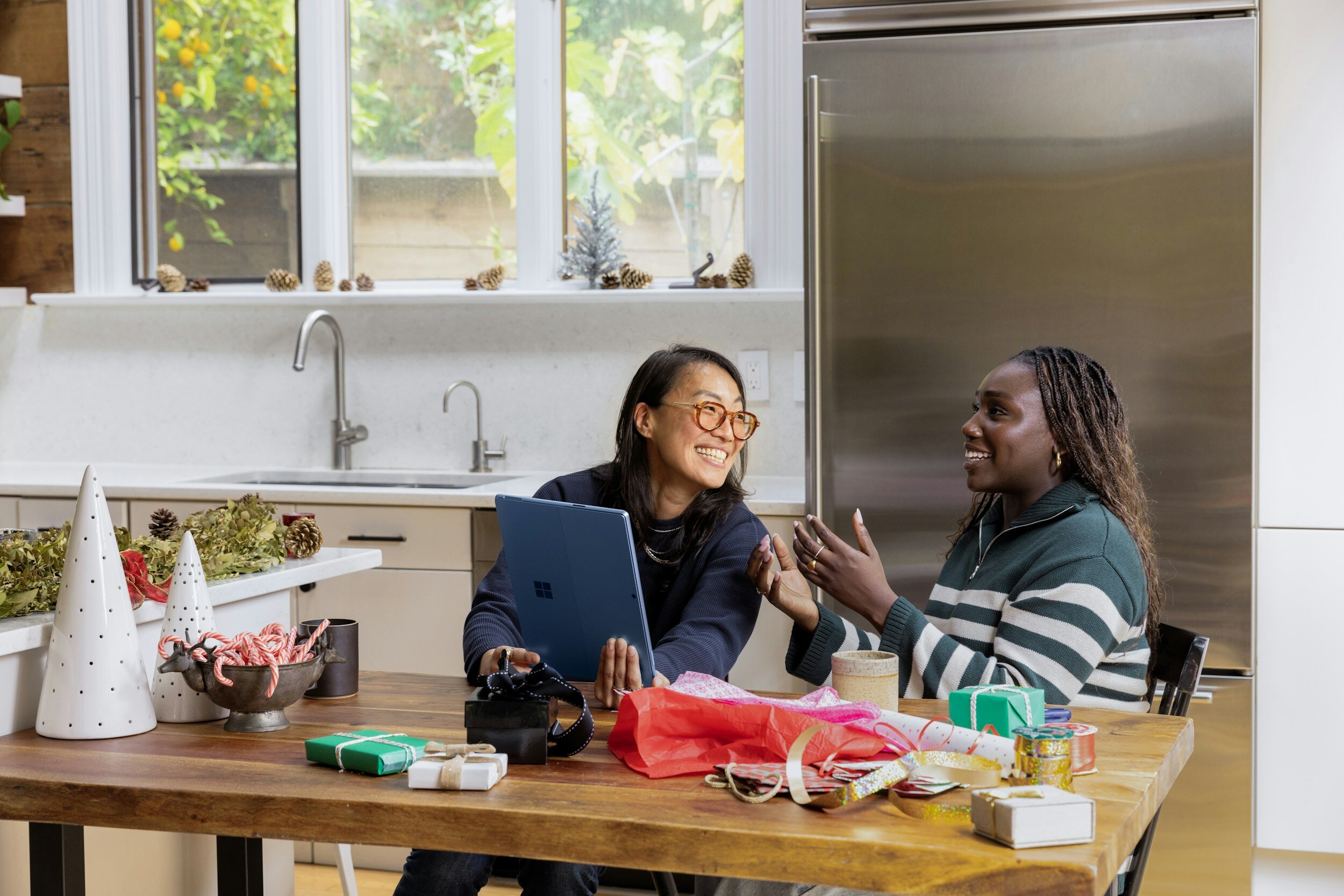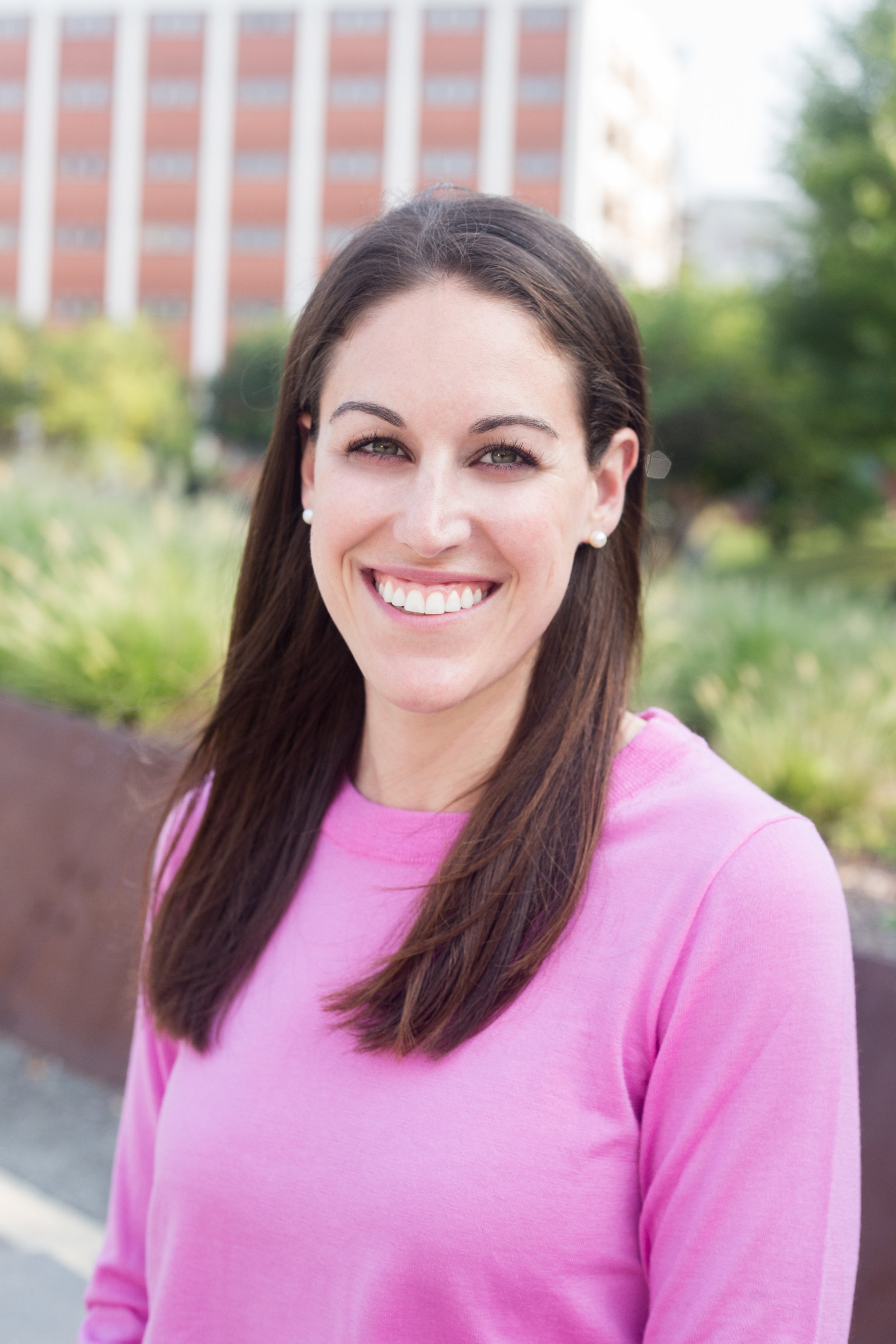How to Make Friends as an Adult
How to Make Friends as an Adult
Making friends as an adult is SO. DANG. HARD. There is nothing wrong with you, and you are not doing anything wrong; it is simply not easy. With all the other responsibilities we have as adults, who has the time to find "Your People"? In this blog post series, we will explore practical tips and strategies to help you navigate the journey of making friends as an adult.
How Do You Make Friends as an Adult?
Unlike the structured environment of school or university, making friends as an adult often requires a deliberate and proactive approach. (Don’t get me wrong: making friends in school or university is not easy either; it just means that there are more chances as you are constantly around people.) There's a notion that a weekly "touchpoint" for six weeks can help a relationship grow. A “touchpoint” can be a text, phone call, or meetup. While I can’t remember where I read this, it’s a good rule to follow. The point is, building connections is not a quick-fix and you need to keep at it.
When you think about how kids make friends, it’s because they see the same person on a daily or weekly basis. Because frequency is key, make a habit of showing up at a particular spot regularly—same place, same time every week. So what situations are good for making friends? How can we mimic going to class, like we did as kids? Continue reading for lots of ideas!
Also, it's good to hang out where people are looking for new friends. Some might suggest a gym or a bar (note: gym classes can actually be great for meeting people), but those places aren't always the best for socializing. A great tip is to mingle with folks who have recently moved to your area – they're often on the lookout for new friends.
When it comes to making friends, it's important to find "Your People" - those who share your interests and values. Not everyone will be the right friend for you, so it might take a while to find a good match. Quality matters more than quantity. Even having one friend is a positive thing and can greatly improve your mental health. You don't need a bunch of friends to feel a sense of connection.
How to Make Friends as an Introvert
Introverts make the best friends! They're insightful, excellent listeners, and loyal. But it can be harder for introverted adults to make friends. They tend to be quieter and rely on their extroverted pals to make the first move. This approach means that you have less control over your potential for making new friends. Instead, engage in activities that attract fellow introverts, such as rock climbing, tennis, chess, and weightlifting - essentially, activities that do not need more than two people.
How to Make Friends as an Autistic Adult
Autistic adults often report difficulty navigating social interactions from an early age. "The Double Empathy Problem" is a newer concept which shows that communication breakdowns between Autistic and non-Autistic people are a two-way issue. Both sides may struggle to understand each other. On the other hand, when Autistic adults communicate with other Autistic adults, or non-Autistic adults engage with their counterparts, communication tends to go smoother. This is important to think about if you're an Autistic adult trying to make new friends. The ideas listed below are helpful for both Autistic and non-Autistic adults.
Where To Make Friends as an Adult
Explore Hobbies and Interests:
Join clubs, classes, or social groups centered around your interests. Personally, I highly recommend Dungeons and Dragons (D&D). It's an awesome way to meet new people since you can easily find online groups or ones near you that are open to new members. Plus, game stores usually hold weekly meetups for D&D, so you can just pop in and join the fun.
Attend community events or workshops to meet people with similar passions. Take a look at what's happening at your local library, bookstores, park districts, and art centers.
Online platforms, such as Meetup, can connect you with local groups aligned with your hobbies. On average, about 50% of the people who say they'll attend a Meetup event usually show up, giving you an idea of what to anticipate.
There are many resources available for new parents, such as support groups or playgroups. These settings provide opportunities not only for your child to socialize, but also for you to connect with other parents who share similar experiences and challenges.
Religious organizations are also a great place for meeting friends. Churches, synagogues, mosques, and similar institutions frequently organize events, offering a welcoming space to connect with individuals who share common beliefs and values.
Use Social Media:
Connect with people in your local community through platforms like Facebook or Nextdoor. When I did a quick Facebook search for “Chicago friends,” I found groups like Chicago Salsa Friends, Asian & Friends Chicago Community, and Chicago Music Friends. This search took me less than a minute.
Join discussions in online forums or groups that align with your interests. Discord is a great option, as it caters to people of all ages. Based on what I've heard from my younger clients, they consider Facebook a platform for "old people," so it might be a better place to explore if you're in your 30s or 40s.
Attend virtual events or webinars where you can connect with people who share similar interests. The Association for Autism and Neurodiversity (AANE) has tons of cool virtual events, like groups for artists, yogis, and outdoor enthusiasts.
Volunteer for Causes You Care About:
Get involved in volunteer organizations or charity events. It's a great way to bond with others who share your interests, and it adds some structure to the conversations. Volunteering also sets the stage for meaningful and long-lasting friendships built on shared values.
Attend Classes or Workshops:
Sign up for classes or workshops to pick up new skills. Continuing education classes are a good starting point. You can find a wide range of classes at language schools, theater schools, and art schools. In Chicago, Second City even offers improv courses specifically for those dealing with anxiety!
Work together with classmates on projects to build connections. Being paired up creates a shared circumstance, making it easier to initiate conversations as you already have a common goal.
Lots of big cities, like Chicago, Seattle, and Indianapolis, have intramural sports leagues. They're particularly well-suited for young adults in their 20s, but there are leagues for all ages.
Gym classes are a great way to get to know people. People usually go to the same gym class on a weekly basis. Crossfit gyms are also great for getting to know people because they encourage community as a part of the experience.
Important Tips from a Therapist to Make New Friends
Making new friends as an adult is hard. You will definitely be in situations that make you feel uncomfortable, but that's normal and expected. Accept this discomfort. Push yourself to be in those awkward social situations and learn from them. And then keep doing it over and over again.
You might eventually feel more comfortable, and that would be awesome. But if not, that's okay too. The important thing is that you're making progress towards something that matters to you. Don't give up. Progress will be slow. As I said before, it takes time to make new friends.
A therapist can help you learn strategies and skills to manage and work through those uncomfortable feelings. Reach out to see how I can help you on your journey to make friends as an adult. As a therapist in Chicago, I have supported many college students, young adults, Autistic adults, and new moms through this process.
Online Therapy Services Offered at Empathic Counseling Services in Evanston, Chicago, and Beyond
Get to know Ivy Ellis, LCSW PMH-C, a licensed mental health therapist dedicated to helping overthinkers and overwhelmed adults. Ivy’s niche specialties include supporting Autistic/ND adults, anxious adults, and pregnant and postpartum women. Ivy, at Empathic Counseling Center in Evanston, Chicago, and beyond, offers online therapy for adults in Illinois, Minnesota, Washington, Indiana, and Michigan.


